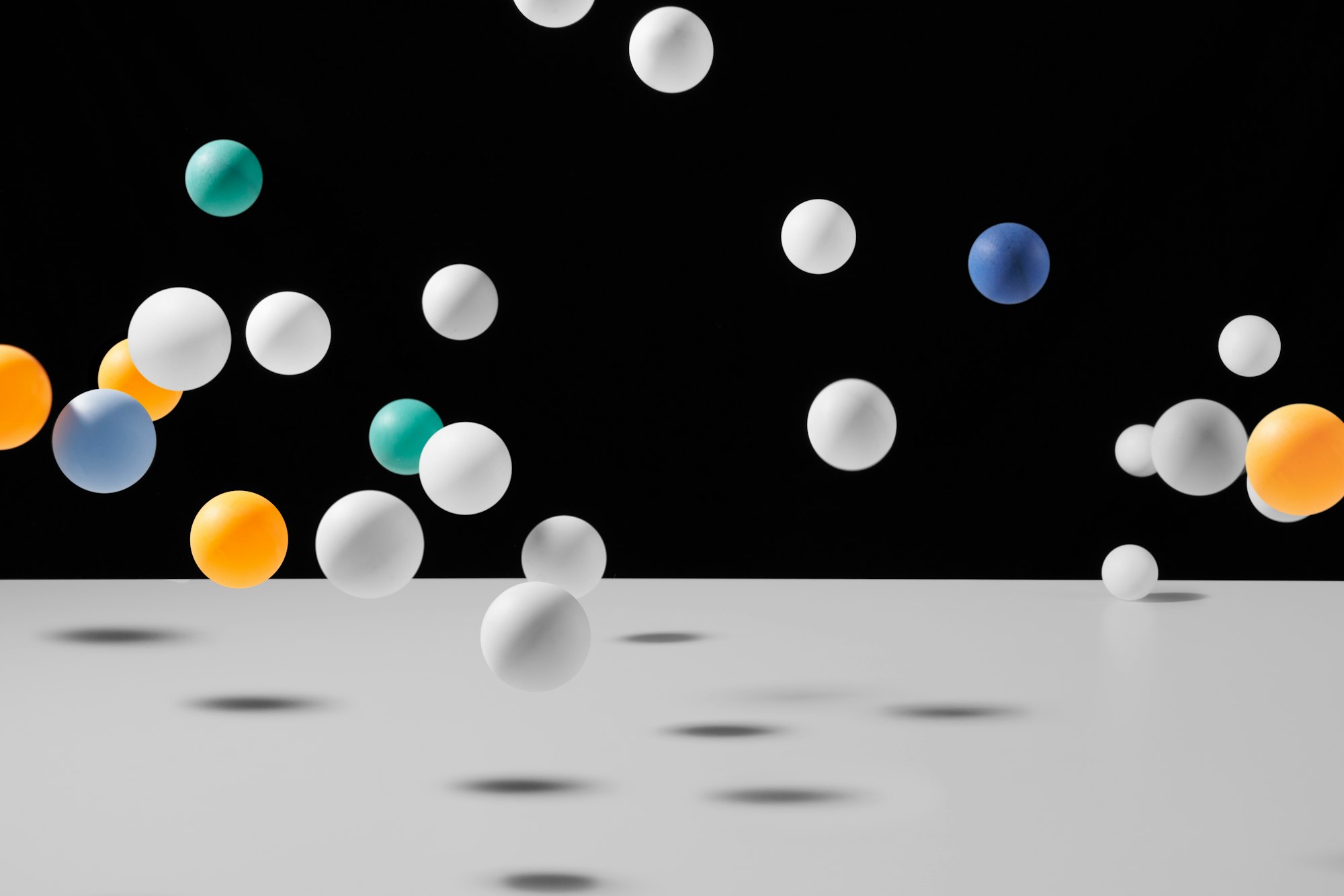Democracy, Decentralization & DAOs

In the last years DAOs have being gaining track from within the Web3 industry. According to analytics firm DeepDAO, there are more than 10,500 DAOs in operation with ~$9.6 billion in treasuries, and more important over 1.5 million active members making proposals and voting. In this article will be discussed how all these emerging entities promote democracy. But first let’s briefly introduce what is a DAO.
The name decentralized autonomous organization was firstly mentioned in 1997, but it wasn’t until 2014 when Vitalik Buterin started delineating the concept of DAOs as we referred it today. There are many definitions of DAOs and for anyone that has not participated on a DAO or researched about the topic is not easy to grasp the idea. I definitely recommend reading the original post. Here are the main aspects of a DAO:
- Decentralized: is an entity that natively resides on the internet, and based on blockchain technology that allows to operate as a distributed system where actors do not necessarily know each other.
- Autonomous: the already mentioned blockchain technology provides the possibility to automate consensus in secure and efficient way. It also allows the automation of different operations depending on the DAOs scope.
- Organization: this means it is formed by humans, otherwise it would rather be a Dapp or just a bot’s network. But this aspect also means that a DAO still needs persons to perform certain tasks.
The best way to understand what a DAOs are, is to explore some of the different use cases. We will mention just a few of them:
- Protocol DAO: a good example would be Uniswap, a decentralized exchange where UNI token holders can decide on the proposals governing the protocol.
- Collectors DAO: Constitution DAO raised around $47 million in ether with the single-purpose of purchasing an original copy of the US constitution. While they failed, they succeeded in operating together in a decentralized and permisionless manner.
- Social DAO: Friends With Benefits is an international community of creators, thinkers, builders that collectively fund and manage projects by fostering subcommunities within the bigger DAO.
There are many more types of DAOs: investment DAO, charity DAO, collective ownership, grants DAO, service DAO, commercial DAO… And the classification could be extended since there is continuous experimentation in the field.
As it has being mentioned very often, including academic research DAOs have the potential to solve many problems that traditional corporations face, such as a lack of transparency and fairness in value distribution. By using smart contracts and other blockchain technologies, DAOs can automate the distribution of value among all participants in the value creation process, ensuring that everyone is fairly compensated for their contributions. This can help to build trust and collaboration among all stakeholders, leading to more efficient and effective value creation.
That being said DAOs are daily promoting democracy mainly in the following forms:
- Distributing decision making: Allowing all members of the organization to have an equal say in decision-making. In a traditional organization, decision-making is often centralized and controlled by a small group of individuals, such as a board of directors or a CEO. In contrast, a DAO operates using a decentralized consensus model, where all members of the organization can participate in decision-making.
- Establishing transparency culture: Since all transactions and decisions within a DAO are recorded using blockchain technology, they are transparent and can be easily audited by anyone. This allows members of the organization to see exactly how decisions are made and how funds are spent, which can help to promote accountability and trust within the organization.
- Experimenting on a big scale: DAOs are big research units on their own, experimenting on what are the best ways to distribute governance and responsibilities. While DAOs are thriving in some aspects there are still many open questions and challenges arising continuously that often need to be address innovatively.
- Helping solve democracy problems: Addressing classical democracy problems like delegation, accountability and credibility. DAOs are successfully running small democracies within democracies and cross-borders.
This last point brings us to talk about some problems that might arise in democracies. Some of them are easily solved in a natural way by DAOs:
- Majority over minority: there is a potential for majority rule to override the rights and interests of minority groups, this can lead to discrimination and oppression of these groups, as their voices and concerns may not be adequately represented in the democratic process. While DAOs do not directly solve these problems there different voting mechanisms depending on the DAO purpose, and some of them can help address this problem.
- Slow and inefficient decision-making process: as it often involves a large number of stakeholders and requires consensus-building. This can hinder the ability of a democratic system to respond quickly to urgent issues or challenges.
- Corruption: democracy can also be vulnerable to corruption and influence from special interest groups, who may use their financial or political power to sway decisions in their favour.
- No direct democracy: while this is not directly a problem (democracy has evolved to a more efficient way of representative democracy), but the lack of accountability and credibility of the political system is. There is no instant slash for politicians failing by lying, profiting from their position, and the like.
Related to this last topic there is a very good article by a16z called “Lightspeed Democracy: What web3 organizations can learn from the history of governance”, where the authors put the attention on how DAOs can learn from the history of democracy and how they are actually experiencing a similar evolution. DAOs have the possibility to be governed in direct democracy and for given purposes can be effective, but often DAOs also adopt a delegated form of the democracy which diminishes the risk of manipulation and improves performance. The reading of the afore mentioned article is highly recommended since it explains clearly.
One quote that summarizes DAOs and how they actually promote democracy was said by Matt Wright during a Consensys community meeting: “DAOs aren’t leader-less they’re leader-full” . This reflects the idea, that while DAOs often don’t have a management hierarchy they are actually full of leaders taking initiative in developing projects for the good of the DAO. Members get actively involve not only in a democratic decision-making but also in leading the way for their DAO development.
To conclude this article, DAO as technology just provides the tools; as paradigm it provides the framework that fosters democracy. Overall, while DAOs are not a perfect solution and still face many challenges, they offer the potential to create more democratic and transparent organizations that are not controlled by a small group of individuals.
DAO as technology just provides the tools; as paradigm it provides the framework that fosters democracy.
